Stable Blood Gas Chart Based on the Siggard Andersen Acid Base Alignment Nomogram this handy chart allows you to comfortably interpret a neonatal blood gas result in seconds The chart is 8 5 x 11 inches and is laminated so that it can be easily cleaned if used at a patient s bedside
Arterial blood gas ABG interpretation is something that can be difficult to grasp initially we ve been there We ve created this guide which aims to provide a structured approach to ABG interpretation whilst also increasing your understanding of each result s relevance An arterial blood gas is a laboratory test to monitor the patient s acid base balance It is used to determine the extent of the compensation by the buffer system and includes the measurements of the acidity pH levels of oxygen and carbon dioxide in arterial blood
Stable Blood Gas Chart

Stable Blood Gas Chart
https://www.aap.org/globalassets/catalogs/imagefile/s/t/st0017_lightbox_rev100616.png

Blood Gas Interpretation Chart
https://images-na.ssl-images-amazon.com/images/I/81af3LB5pBL.jpg
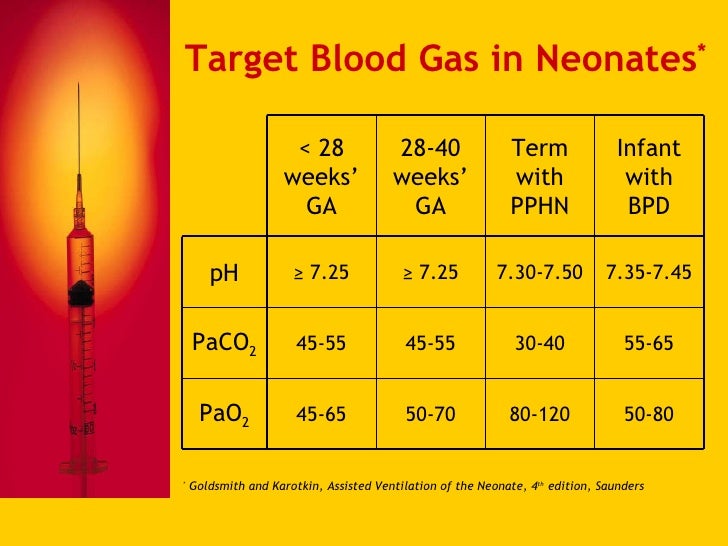
Arterial Blood Gas Interpretation Chart
https://image.slidesharecdn.com/bloodgasinterpretation-100403011629-phpapp02/95/blood-gas-interpretation-9-728.jpg?cb=1270257447
S T A B L E Program Blood Gas Interpretation Chart Karlsen Kristine A on Amazon FREE shipping on qualifying offers ABG interpretation is especially important in critically ill patients The following six step process helps ensure a complete interpretation of every ABG In addition you will find tables that list commonly encountered acid base disorders Many methods exist to
Interpreting the analysis of a patient s arterial blood sample to determine their acid base status and respiratory gas exchange is a key component in patient management particularly in a peri arrest situation There are usually four key pieces of information contained in the analysis results of an arterial blood sample Interpreting arterial blood gases Arterial blood gases include measurements of hydrogen ion concentration or pH base excess bicarbonate partial pressure of carbon dioxide and partial pressure of oxygen Before blood gases can be interpreted it is necessary to familiarise with normal ABG values Normal blood gas range
More picture related to Stable Blood Gas Chart
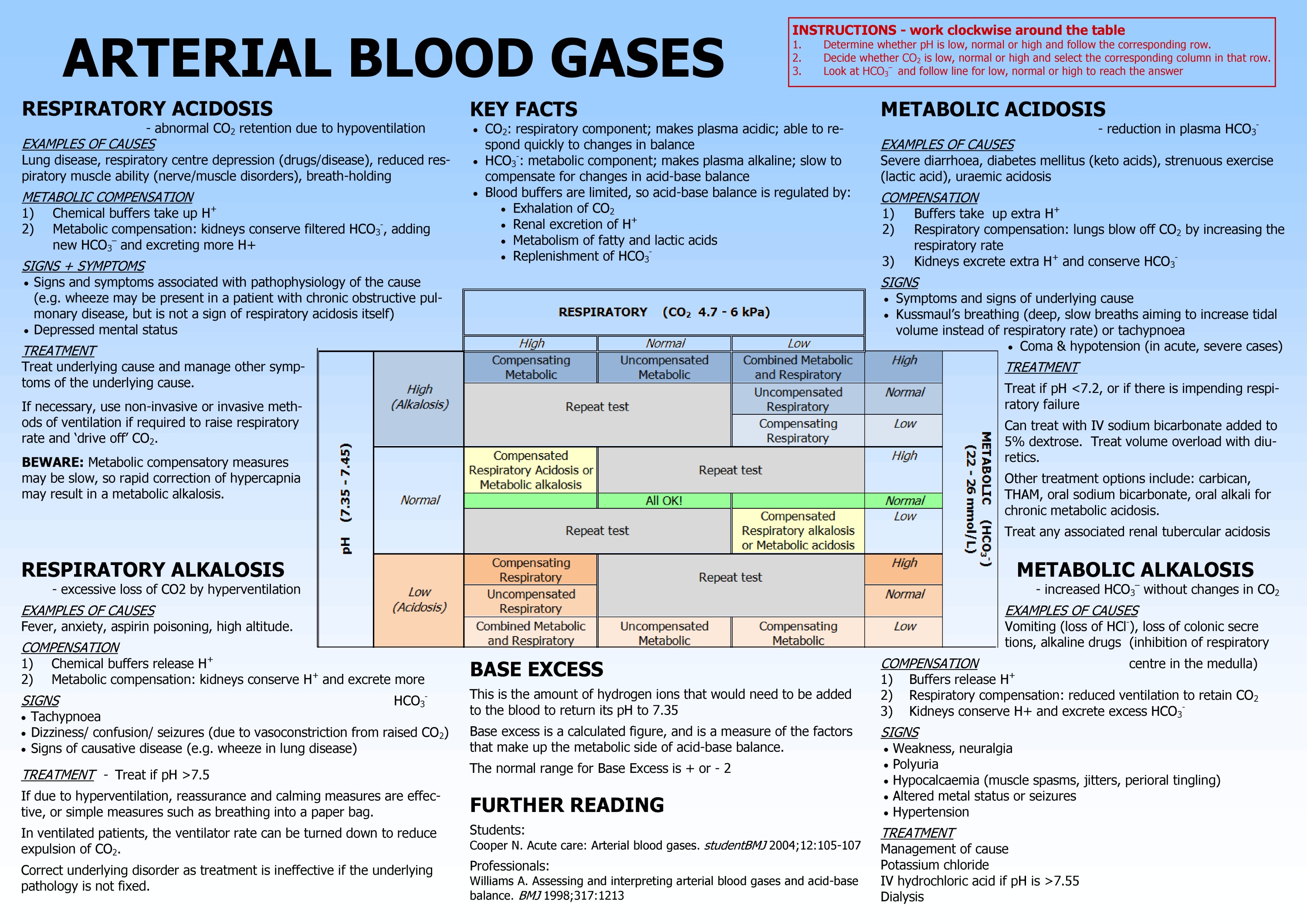
Easy Blood Gas Interpretation Chart
https://www.nclexquiz.com/wp-content/uploads/2017/06/30154.jpg
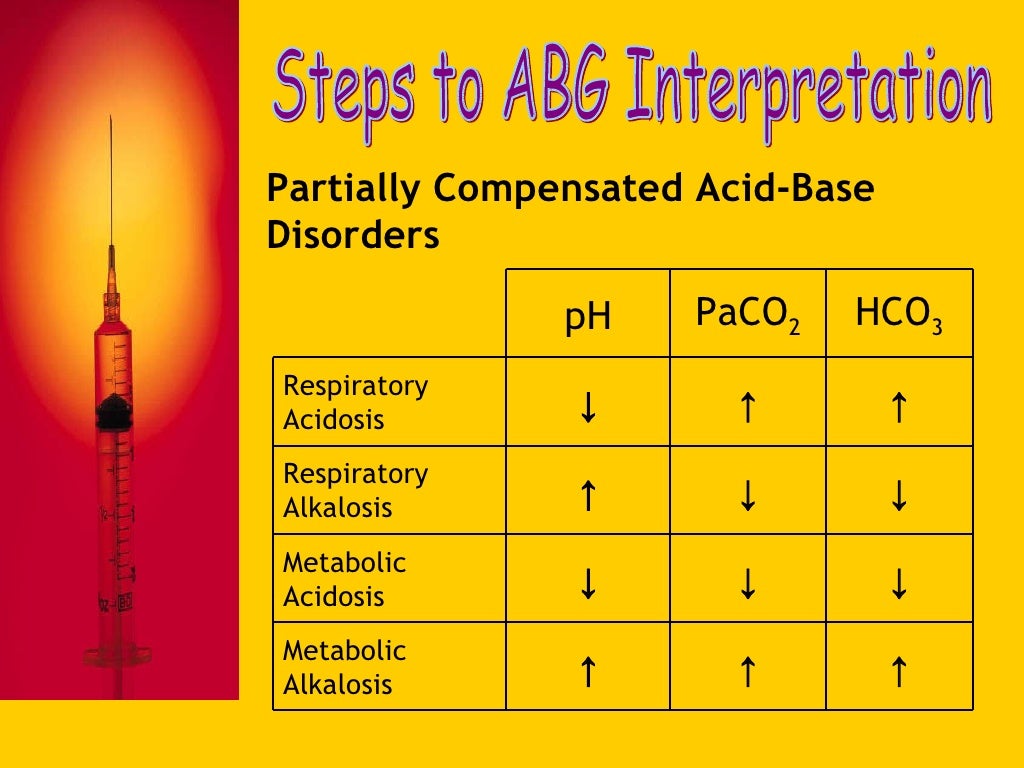
Blood Gas Interpretation NBKomputer
https://image.slidesharecdn.com/bloodgasinterpretation-100403011629-phpapp02/95/slide-26-1024.jpg

Basic Arterial Blood Gas Interpretation 59 OFF
https://i.ytimg.com/vi/dg1IfEr_vEE/maxresdefault.jpg
Arterial blood gas analysis can be used to assess gas exchange and acid base status as well as to provide immediate information about electrolytes It is also useful to have access to any previous gases This is particularly important if your patient is known to have chronic respiratory disease with existing chronic ABG changes Find a comprehensive guide to arterial blood gas ABG interpretation below It covers the normal ABG values compensatory mechanisms and the pH scale to diagnose respiratory and metabolic acid base imbalances Learn how to interpret ABGs in five easy steps What are arterial blood gases ABGs
Table 1 lists the parameters and normal values commonly reported in an arterial blood gas ABG Acid base disturbances are typically clas sified according to the cause resulting in an aci Master ABG interpretation with this comprehensive guide from understanding the normal values to diagnosing arterial blood gas imbalances
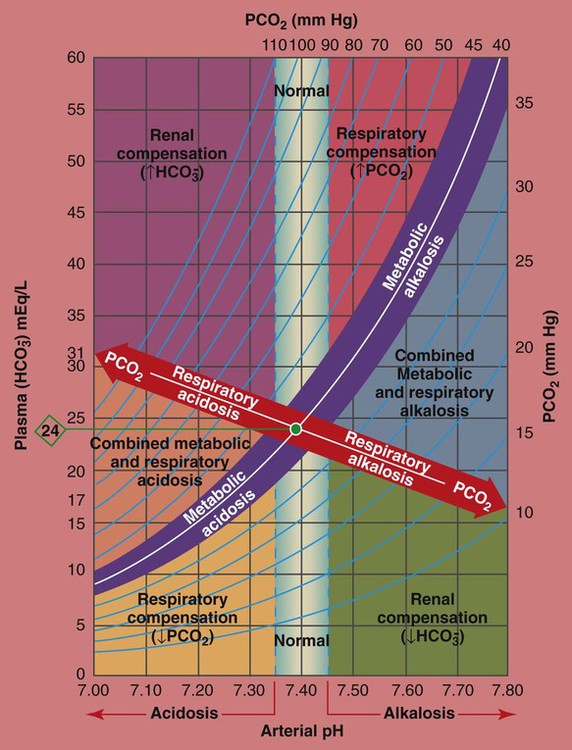
Arterial Blood Gas Assessments Clinical Gate
https://clinicalgate.com/wp-content/uploads/2015/05/B9780323057271000045_f004-001-9780323057271.jpg
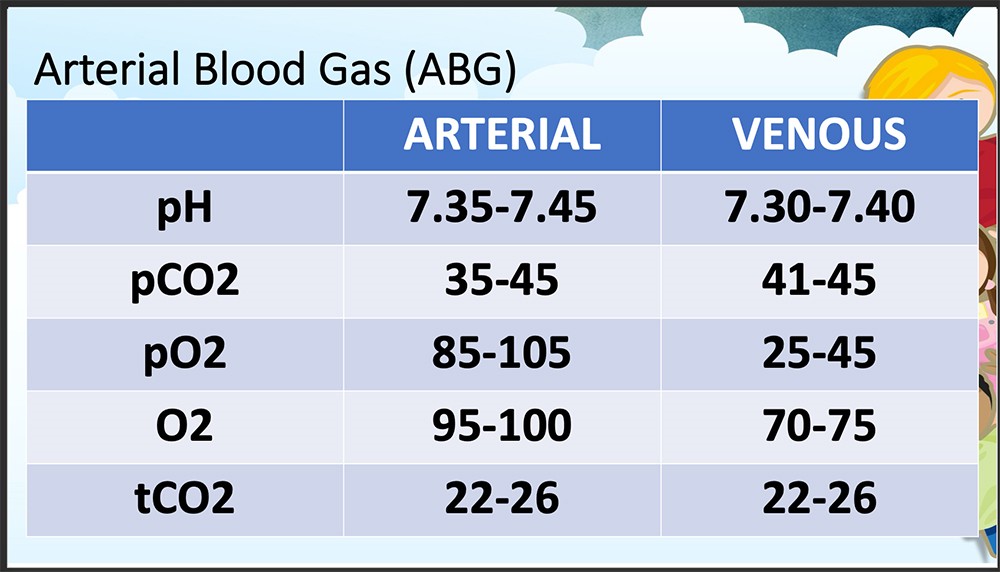
Normal Venous Blood Gas
https://www.medicpresents.com/infographicsimages/545a_medicpresents_abg-normal-values.jpg

https://www.aap.org
Based on the Siggard Andersen Acid Base Alignment Nomogram this handy chart allows you to comfortably interpret a neonatal blood gas result in seconds The chart is 8 5 x 11 inches and is laminated so that it can be easily cleaned if used at a patient s bedside

https://geekymedics.com › abg-inte
Arterial blood gas ABG interpretation is something that can be difficult to grasp initially we ve been there We ve created this guide which aims to provide a structured approach to ABG interpretation whilst also increasing your understanding of each result s relevance

Characteristics And Arterial Blood Gas Values For Stable Hypercapnic Download Table

Arterial Blood Gas Assessments Clinical Gate
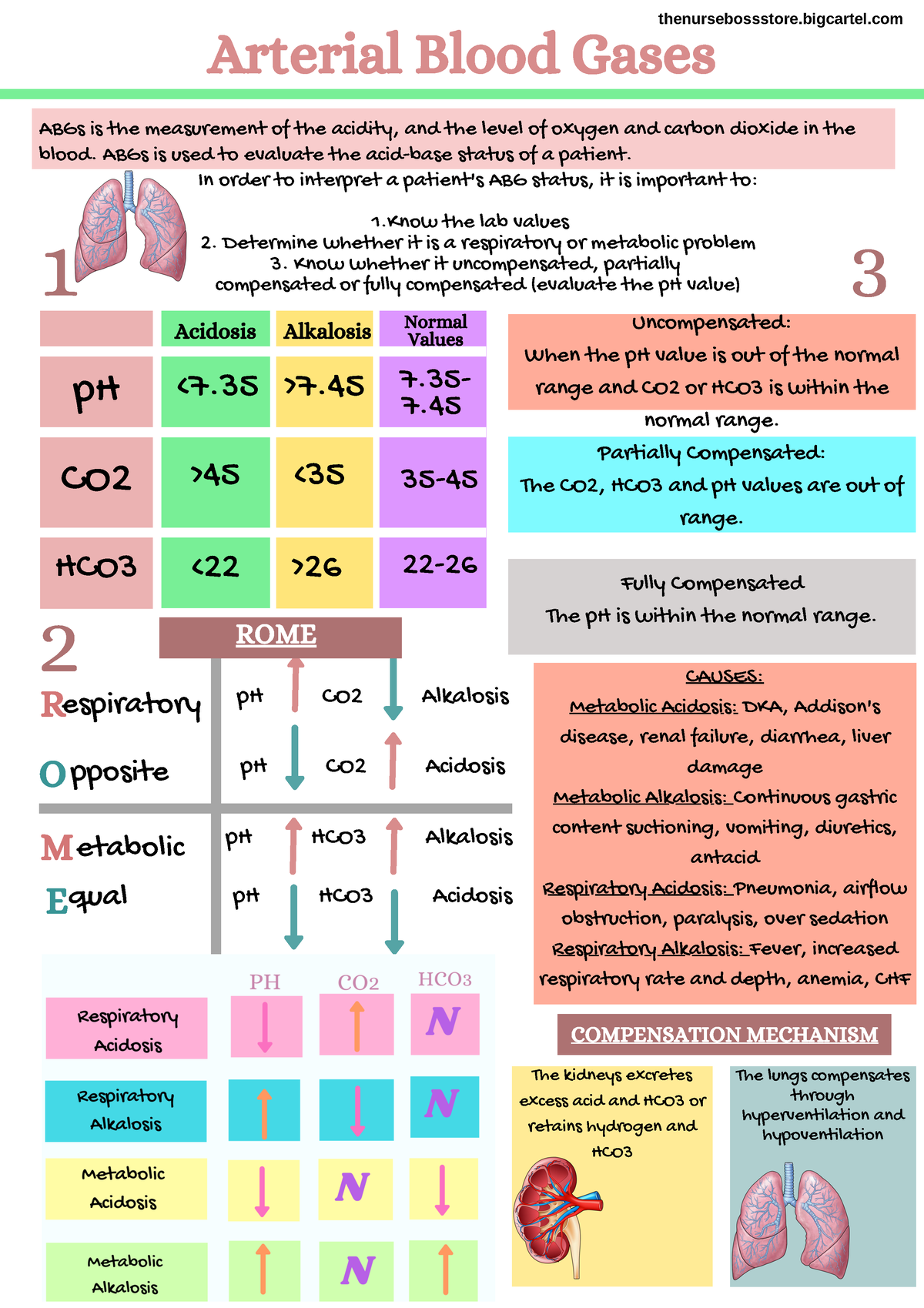
Arterial Blood Gas Chart And Summary S 2 ONDORVLV HWDEROLF Studocu
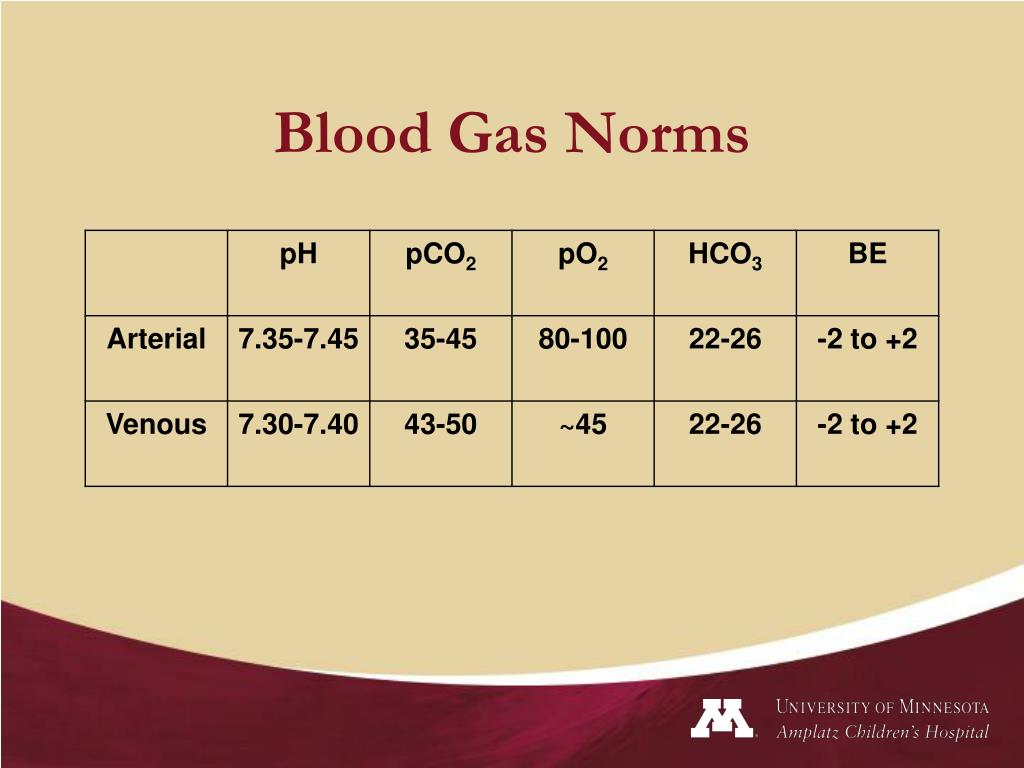
PPT Blood Gas Analysis PowerPoint Presentation Free Download ID 1939654

Natalies Casebook Tag
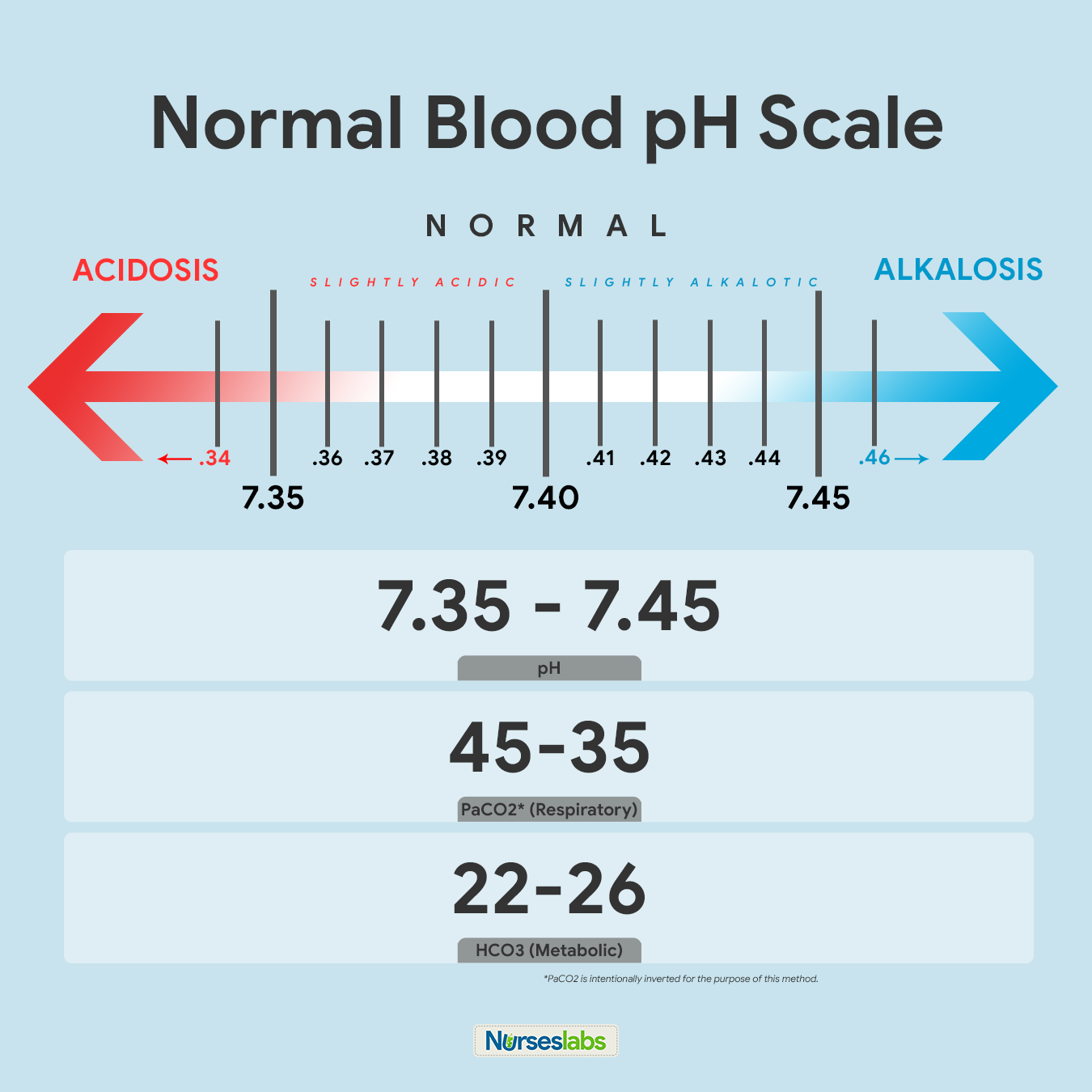
Arterial Blood Gas ABGs Analysis Ultimate Guide Nurseslabs

Arterial Blood Gas ABGs Analysis Ultimate Guide Nurseslabs
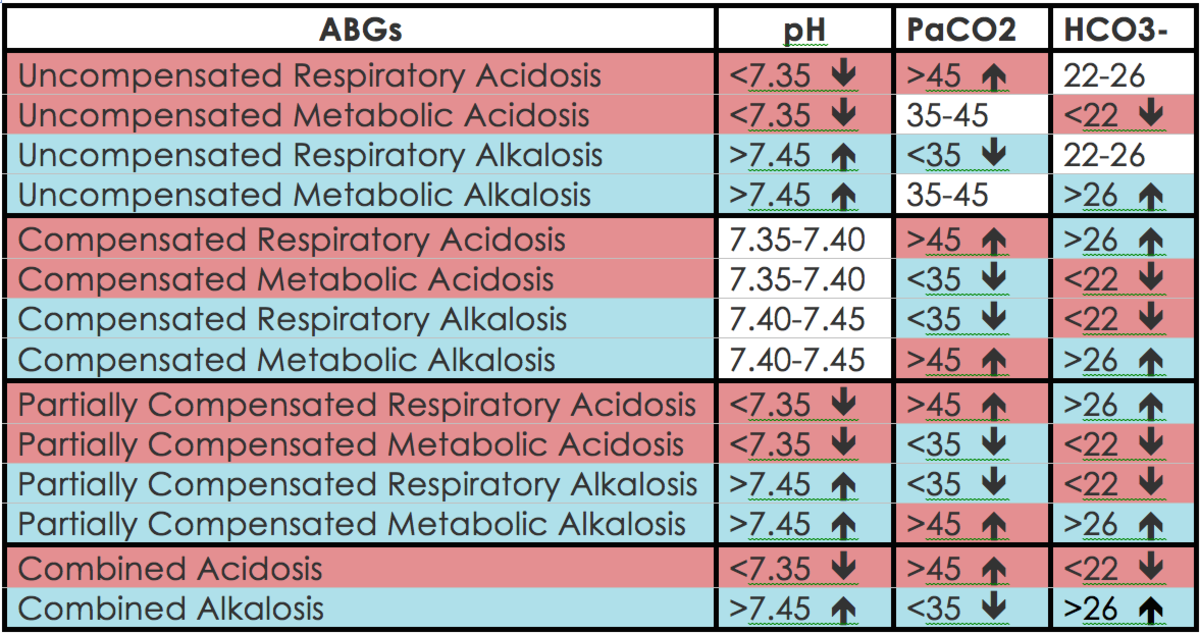
Arterial Blood Gas Chart
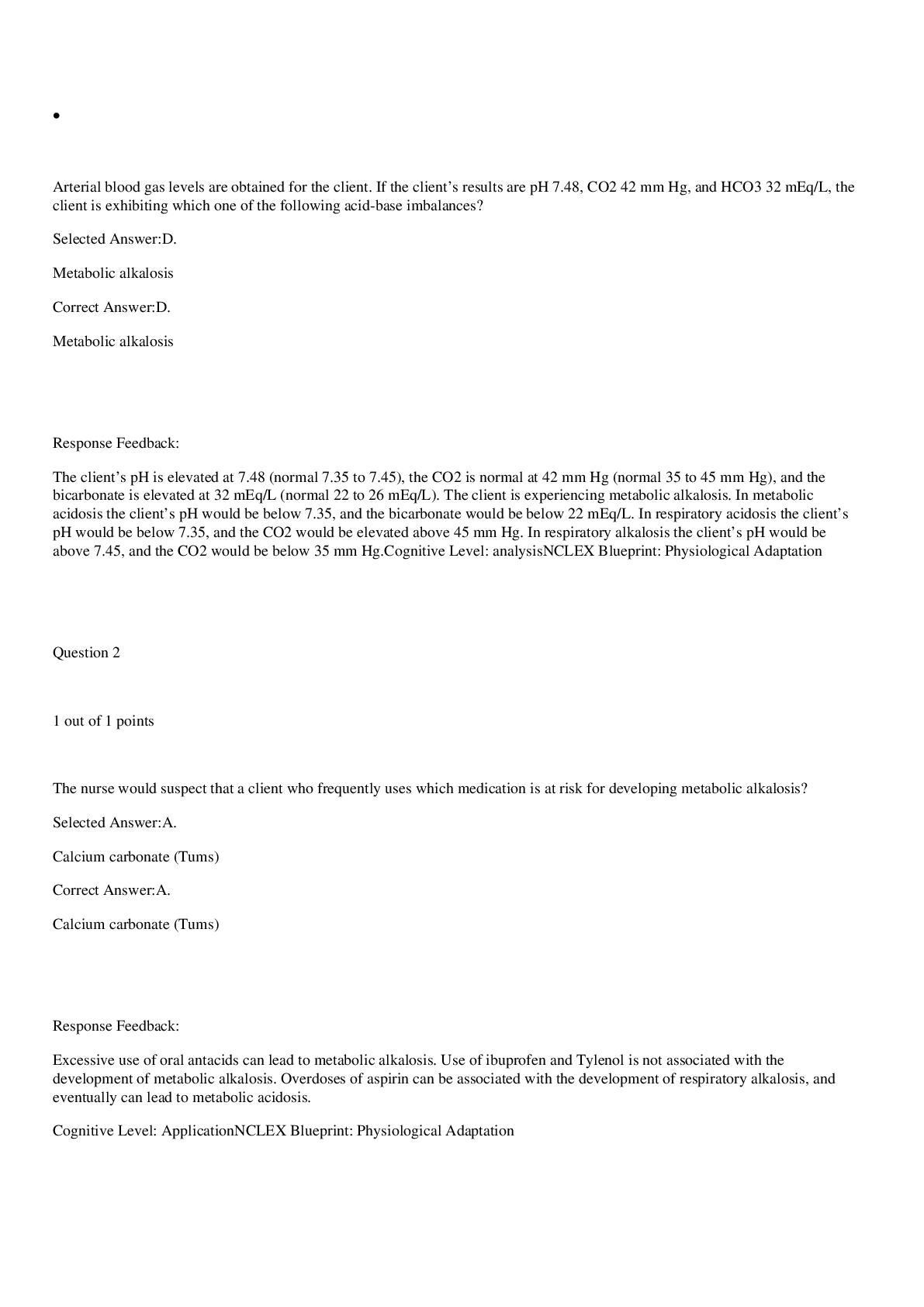
Arterial blood gas levels are obtained for the client Browsegrades
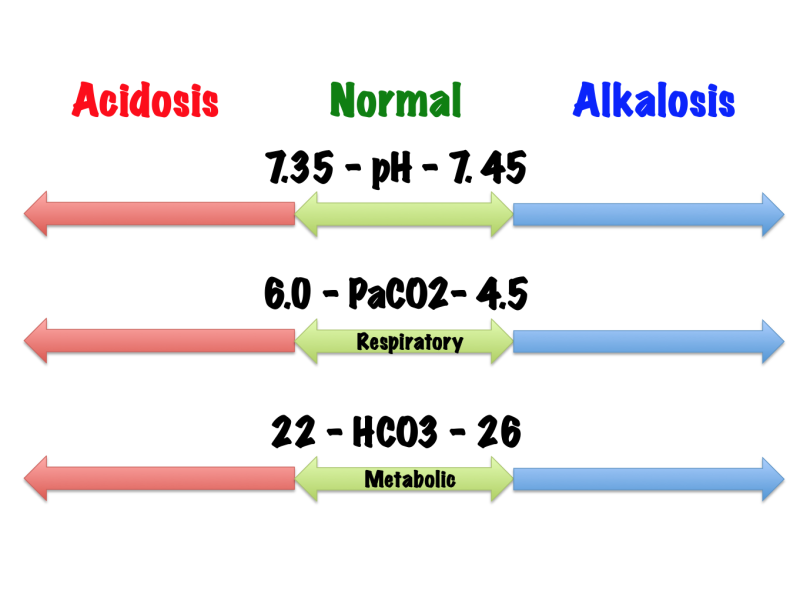
Basic Arterial Blood Gas ABG Interpretation TED Ed
Stable Blood Gas Chart - Arterial Blood Gases ABGs is the measurement of the acidity and the level of oxygen and carbon dioxide in the blood ABGs is used to evaluate the status of a patient In order to interpret a AB6 status it is important to LOVE 1 the lab values 2 Determine whether it is a respiratory or metabolic problem 1 3 know whether it uncompensated